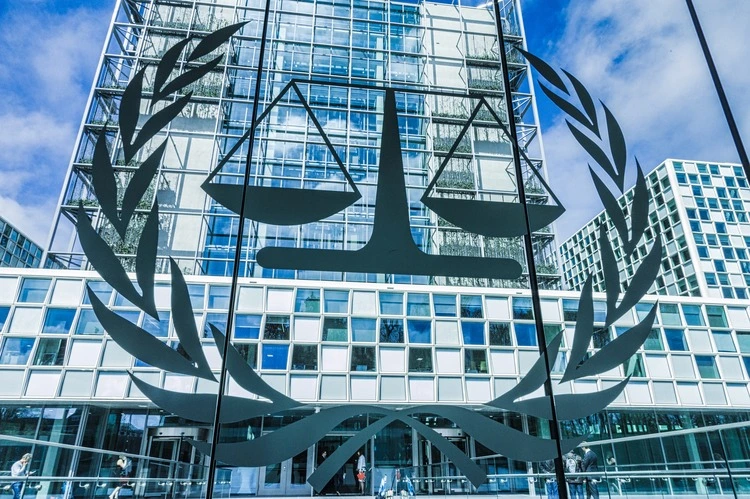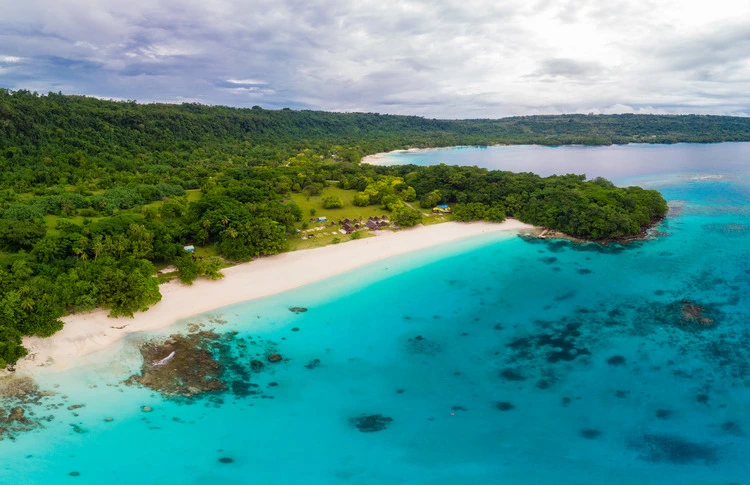
Hearings begin this week at UN court to discuss the obligations of worldwide countries in supporting vulnerable nations against climate change
By
This week, hearings are underway at a top UN court to provide further clarity on the legal requirements that countries should follow to combat climate change.
The hearings will be the largest-ever case put forward to the UN’s International Court of Justice (ICJ), with 97 member states set to join conversations alongside eleven international organisations.
Enjoying this article? Check out our related reads:
A total of fifteen judges from across the world will answer two questions: firstly tackling the specifics of what countries can do to protect the planet against human-driven greenhouse gas emissions under international law, and secondly what legal consequences countries face where their actions have led to significant damage to the climate and environment.
It is this second part which particularly references small island developing states (SIDS) who have disproportionately faced the impacts of climate change in recent years.
These regions are highly exposed to increasingly frequent hurricanes and other weather events, along with sea level rises too, despite collectively contributing just 1 per cent of global emissions.
So vast is the impact of climate change on SIDS that between 1970 to 2020, it is estimated that they collectively lost US$153 billion due to weather extremes. Compared to their average GDP $13.7 billion, such a figure has a sizeable impact on their economic stability and viability.
‘For our generation and for the Pacific Islands, the climate crisis is an existential threat,’ said Pacific Islands Students Fighting Climate Change representative Vishal Prasad.
‘It is a matter of survival, and the world’s biggest economies are not taking this crisis seriously. We need the ICJ to protect the rights of people at the front lines.’
These UN talks come just a week after small island developing states labelled the $300 billion a year deal struck at COP29 to provide climate finance by 2035 as ‘insulting’, and that the money would not cover the costs required to solve the increasingly complex issue of climate change.
Vanuatu’s long fight
This landmark case was first propelled by the Pacific island of Vanuatu, which back in 2021 announced its first intention to seek an advisory opinion from the ICJ on climate change.
Advisory opinions from the ICJ – although not legally binding – still hold authoritative value and political weight. They will likely be cited in thousands of climate-driven lawsuits around the world following the hearing.

Vanuatu has long expressed its vulnerability alongside other small island developing states (SIDS) to climate change, and demanded increased action in addressing the global climate crisis.
‘We find ourselves on the front lines of a crisis we did not create, a crisis that threatens our very existence,’ said Ralph Regenvanu, Vanuatu’s envoy for climate change and the environment.




